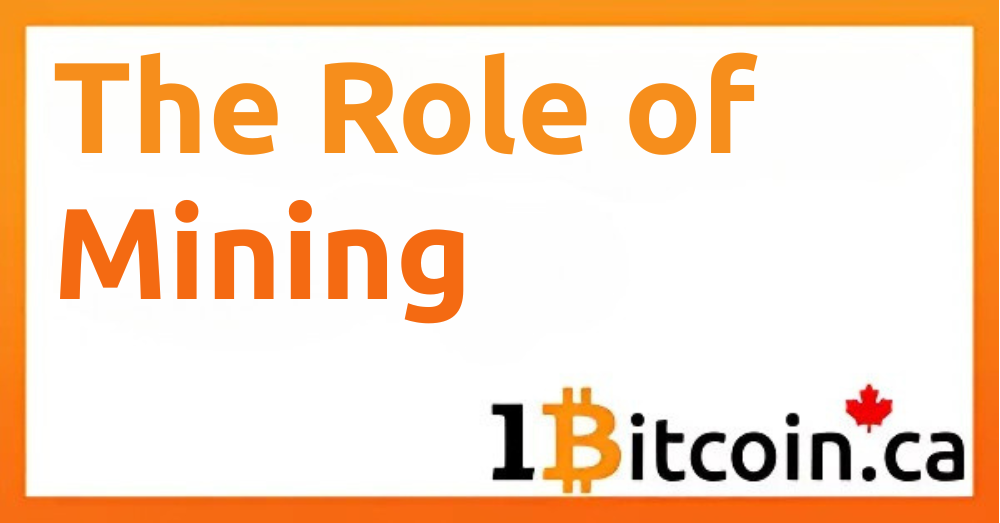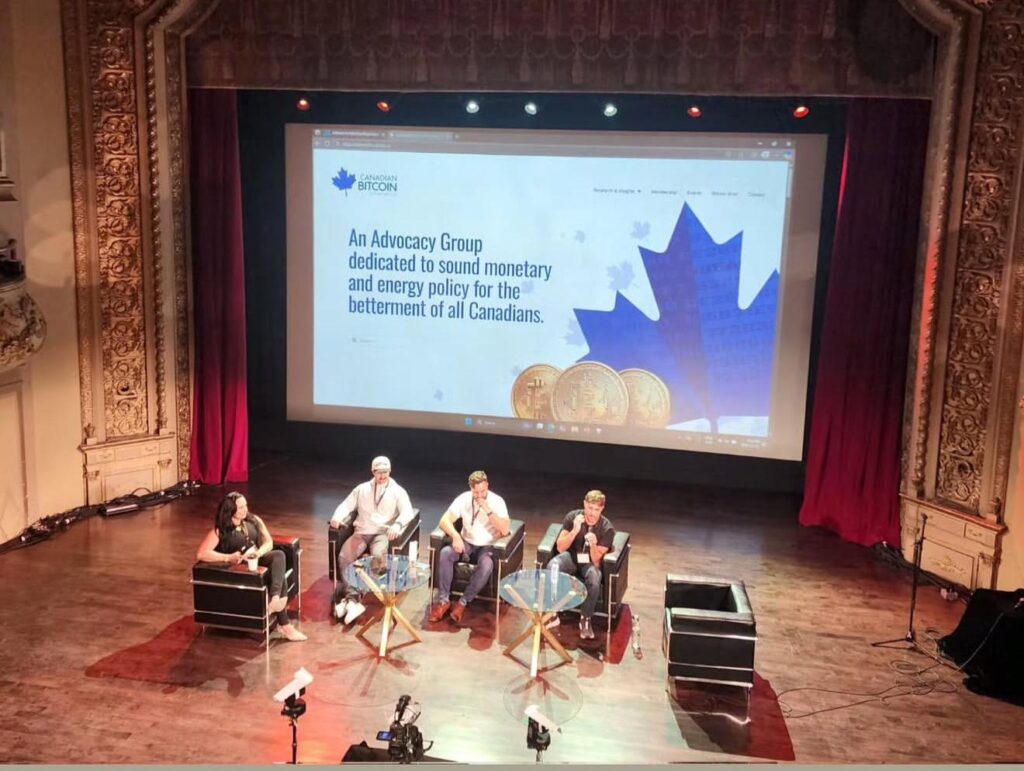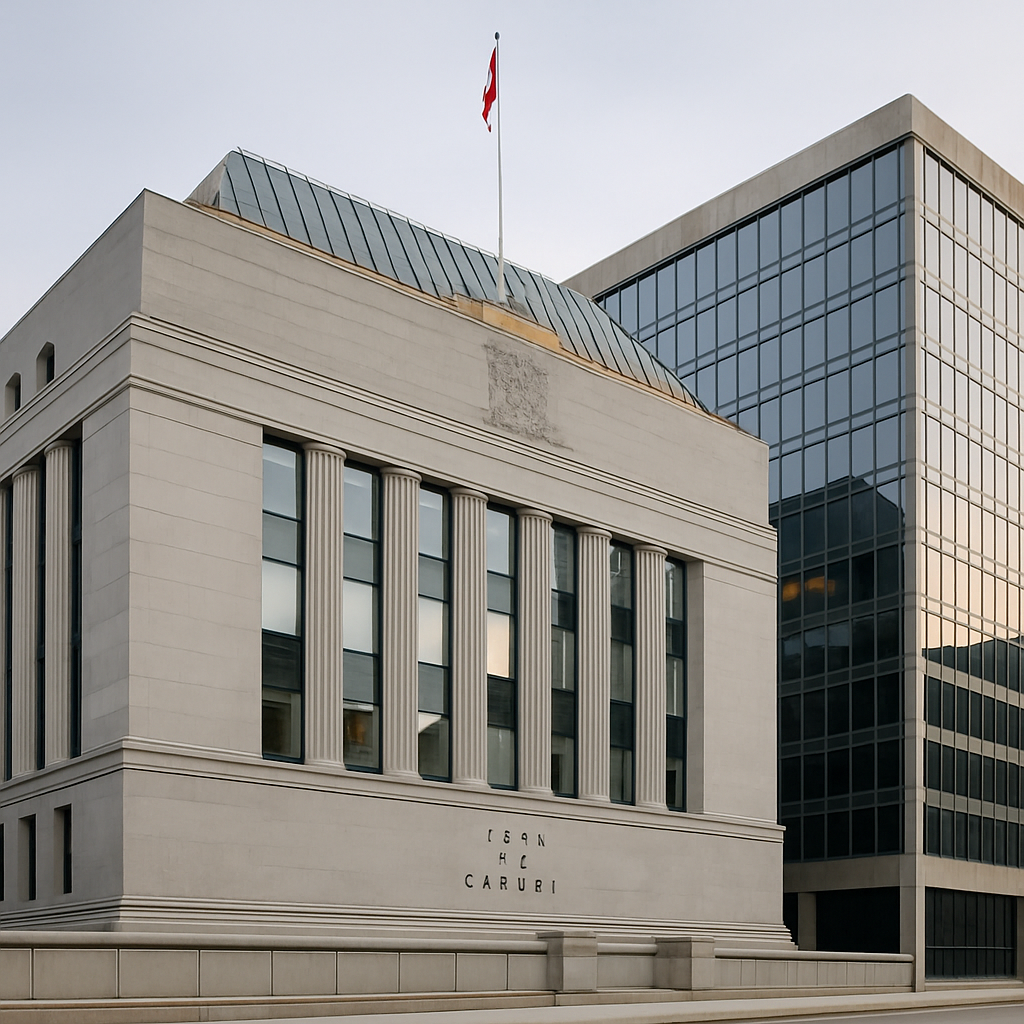Security, Transactions, and Decentralization
What Does “Mining” Really Mean?
Most people have heard the phrase “Bitcoin mining,” but the actual role it plays in the Bitcoin system is often misunderstood. Mining is not just a way for individuals to earn new bitcoins. It is the beating heart of the Bitcoin network, ensuring that the system runs smoothly, securely, and without the need for banks or central authorities.
At its core, mining is the process of confirming Bitcoin transactions and recording them on the blockchain, which is the permanent public ledger of all Bitcoin activity. You can think of it as the digital equivalent of verifying and sealing a bank’s accounting records. Instead of bankers with stamps, Bitcoin relies on powerful computers solving extremely difficult mathematical puzzles. When a computer successfully solves one of these puzzles, a new block of transactions is confirmed and added to the chain. As part of this process, the miner receives a reward in newly created bitcoin, which is how new coins enter circulation.
Bitcoin came first and stayed focused
Bitcoin wasn’t created to be flashy. Its inventor, the mysterious Satoshi Nakamoto, wanted to solve a single, powerful problem: how to send money online without banks or middlemen.
To achieve this, Bitcoin introduced a groundbreaking system that is:
- Open: Anyone can use it, no permission required.
- Decentralized: No company or government controls it.
- Secure: Transactions are protected by strong cryptography and verified by a global network.
This focus on being reliable digital money has never wavered. Meanwhile, altcoins often experiment with new ideas, but many shift direction or disappear entirely.
Why Mining Matters
Mining is not just a technical detail—it is the foundation of Bitcoin’s trustworthiness. Without it, the network would not be able to function. Mining ensures that no one can rewrite or fake Bitcoin’s transaction history. Because miners around the world dedicate enormous amounts of energy and computing power to this process, attempting to tamper with the blockchain would be practically impossible and financially ruinous. This makes Bitcoin one of the most secure systems ever created for exchanging value.
Mining also keeps the network running on a day-to-day basis. Every time someone sends or receives bitcoin, miners validate that the transaction is legitimate and permanent. This constant validation ensures that the system does not suffer from issues like double-spending, where the same bitcoin could otherwise be spent twice. Without miners, Bitcoin transactions would be unreliable.
Finally, mining plays a central role in maintaining decentralization. Unlike traditional financial systems that are managed by central banks, governments, or corporations, Bitcoin is operated by thousands of independent miners scattered across the globe. This global distribution means that no single authority controls the system, and no government or company can shut it down or manipulate it for its own purposes.
The Evolution of Mining Rewards
When Bitcoin was first launched, miners received large rewards for their work, and new coins were created at a faster pace. However, Bitcoin was designed to gradually reduce the creation of new coins through an event called the “halving.” Approximately every four years, the reward miners receive for confirming a block is cut in half. This process will continue until around the year 2140, when the maximum supply of 21 million bitcoins will have been fully mined.
As time goes on and fewer new bitcoins are issued, miners will rely increasingly on transaction fees rather than block rewards to support the network. This design ensures that Bitcoin remains scarce and inflation-proof while still providing long-term incentives for miners to continue their work.
Why This Matters to Everyday Users
The beauty of Bitcoin is that you don’t need to mine in order to use it. Anyone can buy, hold, or transact in bitcoin without ever owning a mining machine. Still, understanding the role of miners helps explain why the system is secure and why it can function without banks. Miners are not just chasing rewards; they are the reason the network remains honest, resilient, and open to everyone, regardless of where they live.
Mining ties together Bitcoin’s three essential qualities: security, transaction processing, and decentralization. Without it, Bitcoin would not be able to guarantee the fairness and transparency that have made it the world’s most trusted cryptocurrency. With it, Bitcoin continues to grow as a borderless and incorruptible form of money.




